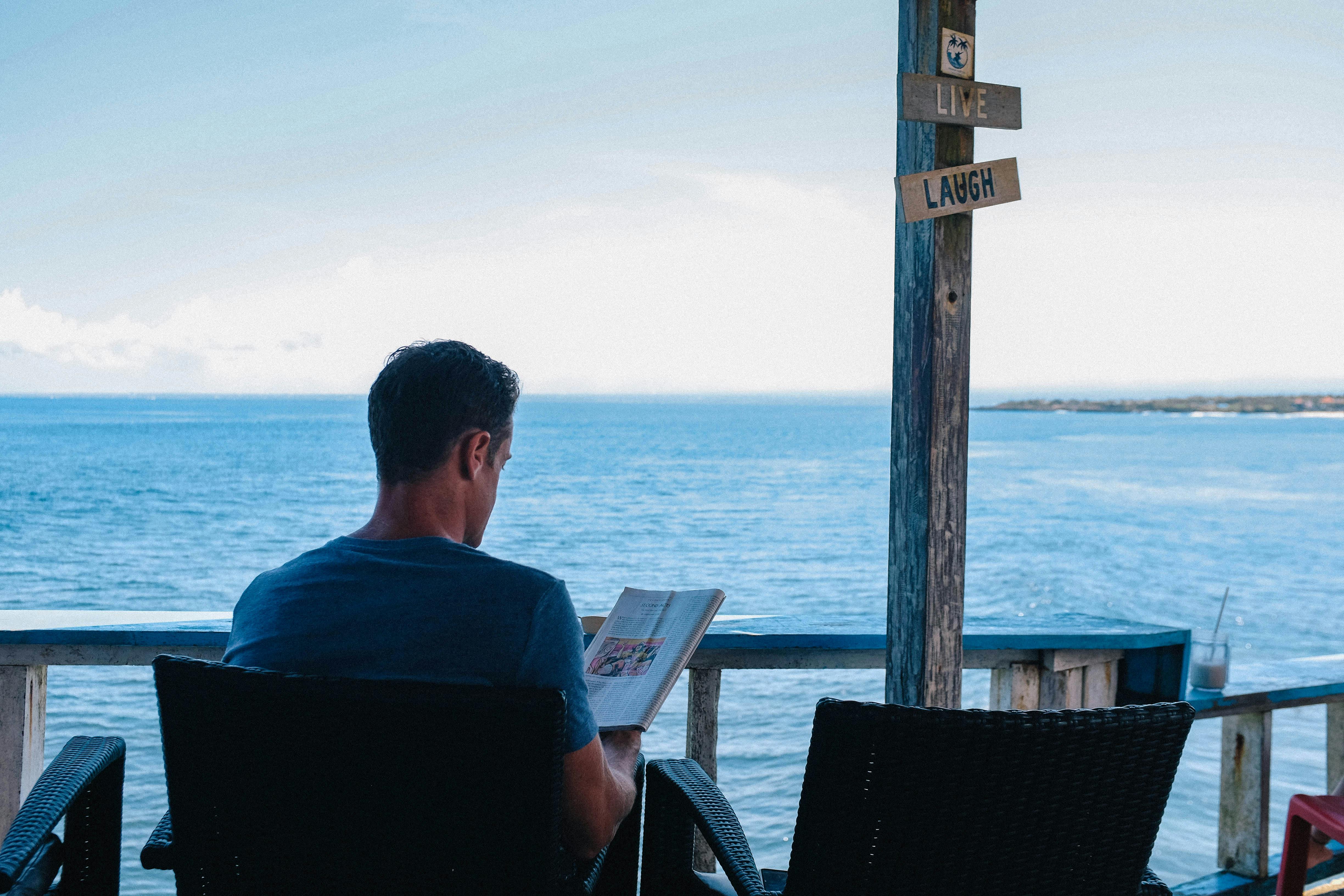
Christmas in July: fun facts and history!
Australia’s “Christmas in July” celebration is somewhat unusual with some even suggesting a slightly eccentric festival now attracting international travelers to the land of Australia. Christmas in July’ or Yulefest as it is also known, is believed to have been born by accident on a snowy night in July 1980 at an award-winning ‘Mountain Heritage’ boutique hotel in the Blue Mountains of New South Wales, Australia. A group of Irish guests noticed the irony of the winter weather in July and, wanting to recreate the feelings associated with winter at home, they asked the hotel owner if he could organize some Christmas meals and festivities for them that night. Thus was born Christmas in July sporting Christmas decorations, snowmen, mulled wine, carols, roast dinners, mince pies, plum pudding, eggnog, candy, Christmas cookies, log fires and the occasional snow among a magical Yuletide winter wonderland of festivities.
The idea spread quickly and now in July, the peak season for Australian snowfields, Christmas decorations and special events are meticulously planned to attract visitors to the snow-themed Yulefest celebrations. Many families now enjoy the winter holidays in the snow fields where they build snowmen while watching Santa in the distance weaving through the snow flurries. HoHOho-ing!
Interestingly, the earliest reference to the phrase ‘Christmas in July’ was in July 1933 at a girls’ summer camp in North Carolina, USA. The term later gained momentum with the release of the comedy film Hollywood ‘Christmas in July’ in 1940. Later in 1942, Calvary Baptist Church in the USA celebrated ‘Christmas in July’ with a ‘Christmas Presents in July’ sermon that also included the erection of a tree of Christmas, which at the end of the sermon would be covered with donations and gifts from the congregation. The donations and gifts are then distributed to missions around the world. In 1946 this annual service began to be broadcast on local radio. It wasn’t until the 1950s that American advertisers paved the way for “Christmas in July” themes for sales.
While Yulefest has become an incredibly popular unofficial annual Australian Christmas season, Christmas in July in Copenhagen, Denmark in the Bakken is quite unique, featuring the Annual World Congress of Santa Claus. Bakken is a popular amusement park where hundreds of Santa Clauses, Mrs. Clauses and elves from all over the world gather to have fun at this festival every year. They organize parades and love to go to the beach to paddle on the beach every year. It is known that it is quite funny to see all these Santas on the beach. The King of Santas for the year is named during this ‘Christmas festival in July’ and many challenging topics are discussed such as what is the true homeland of Santa and what size of gifts should be given. There are even shaky giggle contests as part of the festivities at this fun event.
Here are some universal thoughts about some of the symbols related to Christmas in July:
– Red is the main color of Christmas in July – it represents the magical flow of life, the blood that flows within us all – so remember to let your love, passion and energy flow. Make a commitment to show your love a little more each day and to do what you do, however insignificant you may think, with a little more love and enthusiasm each day and you will discover a new passion for life within you and a new flow of energy.
– The second color of Christmas in July is green: vegetation reminds us to honor the eternal transforming element of nature. Everything is radiating energy. The energy does not die, it simply transforms. Green soothes our hearts knowing that we are part of an endless cycle that unwinds and is reborn again.
– The combination of red and green on the color wheel: red and green are opposites and opposites create balance. These two standout colors of Christmas in July draw us into a deep unconscious connection with the harmony and peace that we all seek within ourselves. The Christmas wreath features red and green and is tied with a ribbon to remind us that we are all tied together; We are for each other!